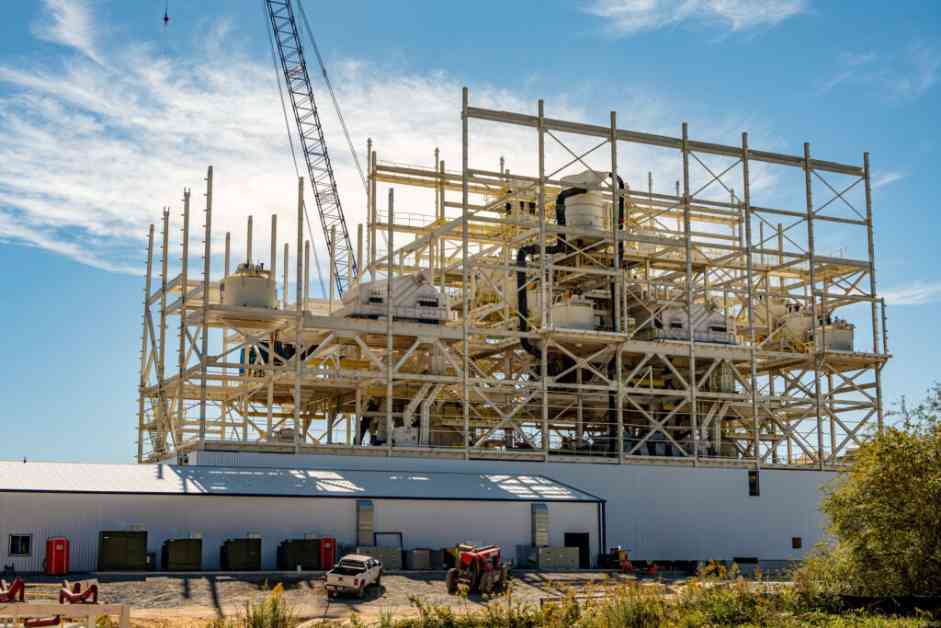Notre Dame’s Decarbonization Efforts
In a bid to combat climate change, the University of Notre Dame, a prestigious Catholic institution, embarked on a journey towards decarbonization following a powerful call to action from Pope Francis in 2015. The pope’s encyclical, “Laudato Si,” urged all individuals and organizations to prioritize environmental sustainability and reduce carbon emissions for the well-being of the planet.
Notre Dame’s Environmental Commitment
Inspired by the pope’s message, Notre Dame pledged to phase out coal usage on its campus by 2020 and achieve carbon neutrality by 2050. The university’s President, Rev. John Jenkins, emphasized the importance of aligning their actions with the pope’s vision of a greener, more sustainable world. By transitioning to alternative energy sources like geothermal, solar, hydroelectricity, and conservation efforts, Notre Dame aimed to reduce its carbon footprint significantly.
Alabama Coal Investment
However, a recent revelation has brought to light Notre Dame’s ownership of mineral rights in Alabama leased to Warrior Met, a coal company with a controversial safety history. This investment appears contradictory to the university’s environmental goals and commitment to decarbonization. Emily Grubert, an associate professor at Notre Dame, raised concerns about the ethical implications of such investments and emphasized the importance of transparency and accountability in decision-making.
Impact and Reflection
The juxtaposition of Notre Dame’s decarbonization efforts and coal investment in Alabama raises questions about the moral responsibility of institutions in addressing environmental issues. Grubert’s insights shed light on the need for greater awareness and conscientious decision-making, especially in the context of gifted investments with far-reaching consequences. The story serves as a reminder of the complexities and challenges inherent in navigating sustainability goals while managing conflicting interests.
As we reflect on Notre Dame’s journey towards environmental stewardship, it invites us to consider the broader implications of our actions and investments on the planet’s health and well-being. The intersection of ethics, sustainability, and financial interests underscores the need for institutions to align their values with their practices, ensuring a harmonious approach to environmental justice and social responsibility. In a world grappling with the impacts of climate change, every decision we make today shapes the future we leave for generations to come. Let us strive to make choices that honor our planet and uphold the values we hold dear.














